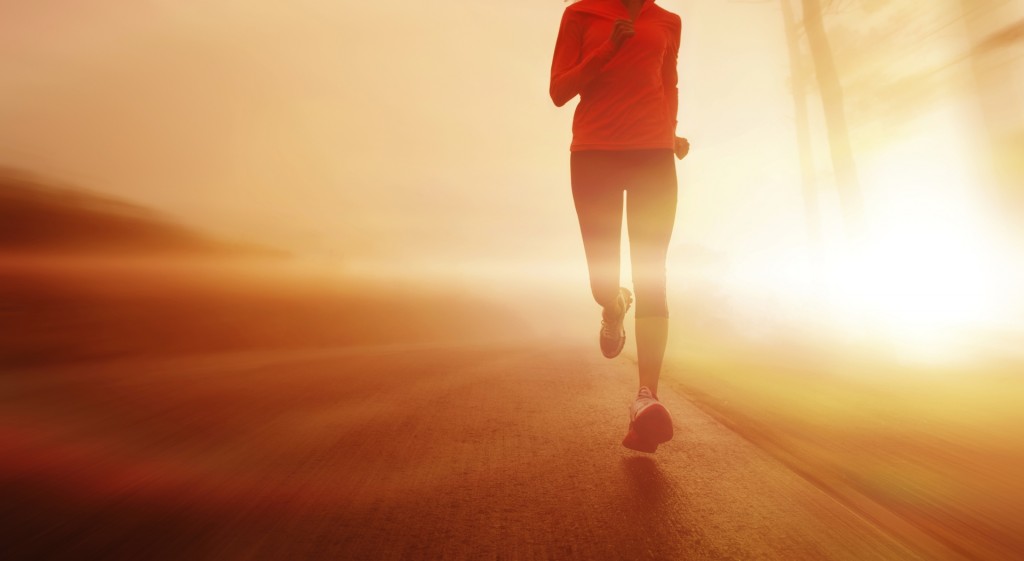A recent study published in the journalPLoSOne has confirmed that running reduces joint ageing more efficiently than walking.
The knee absorbs a lot of force whilst running, so many people believe that this activity accelerates the natural process of joint degeneration. But recent studies have since shown that running actually has a protective effect and can delay osteoarthritis of the hip and knee and can stimulate the growth of cartilage.
Neolife Sports and Exercise Department.
Benefits of running
Walking is an excellent form of exercise that can help reduce the incidence of obesity, osteoarthritis, heart disease and diabetes. The problem is that as age increases your ability to walk is reduced and this has always been assumed to be an inevitable part of the ageing process, but is it really the case?
Researchers from the University of Colorado at Boulder and Humboldt State University in California have questioned whether this decline in physical capacity in the elderly is inevitable or can be delayed or even reversed by other types of exercises, such as running.

For the study they selected 30 men and women aged between 60 and 70 years old. Fifteen of them walked at least 3 times a week for a minimum of 30 minutes. The other 15 ran at least 3 times a week for 30 minutes or more. Each runner or walker completed 3 brief sessions of walking at different speeds on a treadmill in a laboratory to evaluate their biomechanics, tread and economy of gait.
The results of the study were as follows:
- Runners who walked more efficiently than walkers, required less energy to perform each step. Furthermore, by comparing the data of the runners with those of young people the researchers observed that they display a similar walking efficiency as a sedentary student.
- Contrastingly, the group of walkers displayed the same economy when walking as sedentary people of the same age, so the researchers concluded that walking does not protect older people from losing their physical abilities with age.
- The researchers were surprised to discover the fact that the biomechanics of walking did not differ between the two groups. Although the runners were more efficient, they did not display a different or atypical way of walking, taking the same steps according to the distance.
The researchers speculated that differences in efficiency were due to the fact that runners tend to have more mitochondria in their muscle cells which allows them to move further with less effort. On the other hand, the runners also have better intermuscular coordination than walkers, so the former require less muscle activation for each movement than the latter.
Therefore, running would seem to be a very appropriate activity to reduce the adverse effects of ageing. If the effort required to move is less then people will participate in the activity more and this will result in improved health and quality of life. If you do not already go running you may be pleased to hear that you can start at any age and you will continue to feel the benefits.
Is it good for the joints?
Despite everything the study highlighted, there are probably doubts regarding the possibility of injuries or pathologies of the locomotor system, such as osteoarthritis, mainly in the knee and hip. Can you run with these pathologies? Can running be the cause of the injury?
The knee absorbs a lot of force whilst running, so many people believe that this activity accelerates the natural process of joint degeneration. But recent studies have shown that running actually has a protective effect and can delay osteoarthritis of the hip and knee. Other studies have suggested that running can also stimulate cartilage growth.
But what should be done if you already have osteoarthritis? Staying physically active and maintaining your quadriceps strength is important. If you experience pain when running, you should vary the type of training and consider low impact exercises, such as swimming or cycling as an alternative. The most important thing is to maintain a healthy weight and perform aerobic exercise on a regular basis.
BIBLIOGRAPHY:
(1) Jogging May Help seniors Walk Better. Published online Nov. 20 in the journal PLoS One.
